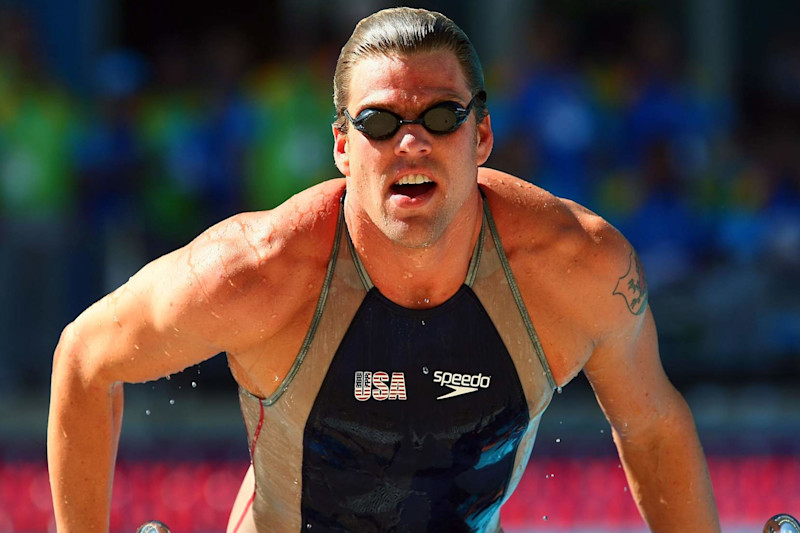Gary Hall Jr.
Gary Hall Jr. is one of the most decorated Olympic swimmers in history, with 10 Olympic medals to his name. In 1999, at the height of his swimming career, Hall was diagnosed with Type 1 diabetes at age 25. Doctors initially told him his competitive swimming career was over.
Despite this devastating news, Hall refused to give up. He worked closely with his healthcare team to develop a management plan that would allow him to continue competing at the highest level. His determination paid off when he returned to the Olympics in 2000, winning gold in the 50-meter freestyle.
Hall continued to defy expectations, returning to the Olympics again in 2004 and successfully defending his title in the 50-meter freestyle, becoming the first athlete with Type 1 diabetes to medal in the Olympics and an inductee in the U.S. Olympic & Paralympic Hall of Fame.
"I have type 1 diabetes, and I've been able to compete at the world's highest level. If I can do that, then it's OK for an eight-year-old soccer player or an athlete at a high-school state meet."
Diabetes Management Approach
Hall's approach to diabetes management as an elite athlete involved meticulous monitoring of his blood glucose levels before, during, and after training sessions. He worked with specialists to develop a nutrition plan that supported his intense training regimen while maintaining stable blood sugar levels.
During competitions, Hall would check his blood sugar levels as close as 10 minutes before a race. He kept glucose tablets and insulin readily available at poolside and developed a keen awareness of how his body responded to exercise.
Advice for Fellow Diabetic Athletes
Don't let anyone tell you what you can't do because of diabetes. Work with your healthcare team to develop a management plan that supports your athletic goals. Listen to your body and learn how different types of training affect your blood sugar levels.
